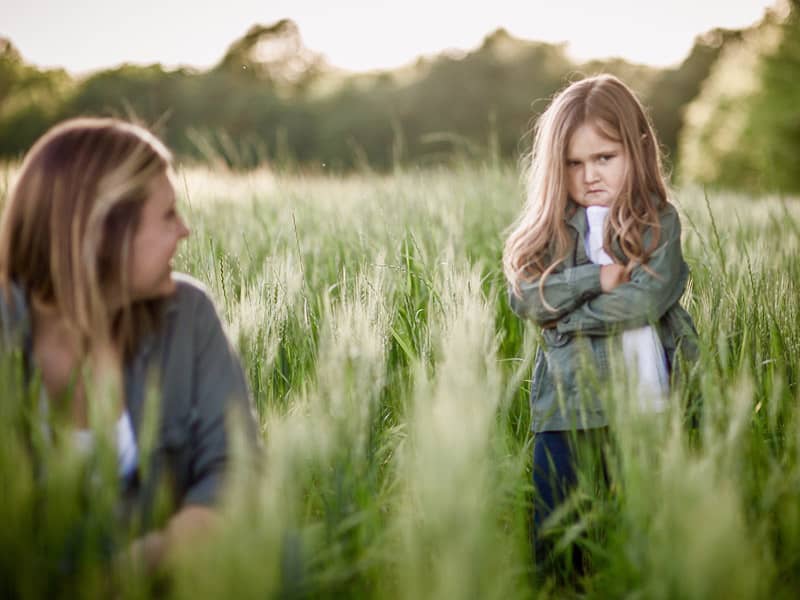 |
 |
 |
 |
|
|||
 |
In times of national crisis, many of us "keep vigil" in front of the television. News shows often repeat the same scenes, such as the one with the second plane flying into the south tower of the World Trade Center and the subsequent explosion. As adults we may watch scenes like this repeatedly, almost to help the reality sink in. But if you have a child in the room, this can be overwhelming. It's especially a good idea not to play graphic television scenes at your child's bedtime.
Even if it were possible, there is no need to put on a stoic front and try to hide all your feelings. Tears about tragedy show our child that we feel connected to others, that we care.
Nonetheless, it's important not to elaborate upon your fears, imagining out loud, in the presence of your child, all the other terrible things that could happen. You may worry that your town hall or the school will be blown up, but keep this anxiety to yourself.
Share your grief and fear with other adults. You may wish to talk to a friend or a clergyperson. Our church organized a prayer vigil for tonight. It's good to be gathered together with other people. The comforting presence of others bears witness to our belief in and desire for a better world. The chance to hug or just stand together with others can do a great deal more than wordy explanations.
Teenagers may respond with cynicism or anger at God. This is not the time to try to persuade them that they are wrong. Your simple presence, your willingness to accept their feelings and thoughts, whatever these may be, will do more to convey the love of God than any parental sermonizing could do.
Keep in mind that your child's response to this event will depend on his or her temperament as well as on experiences of loss or violence he or she has had, and how these were dealt with. Some kids will want to discuss the logistics and politics of the situation; for others that will be overwhelming or will interfere with their processing their fear. There is no single formula to helping a frightened child. The most important things are to be present and to listen.
Remember that children will not be able to process the whole series of events right now. They will be reflecting on it for the rest of their lives. When JFK was shot, all I remember Sister Marie Loretta, the principal of my elementary school, telling us over the loudspeaker, "Children, the President is dead." But I have thought of that day often in the 30-plus years since.

